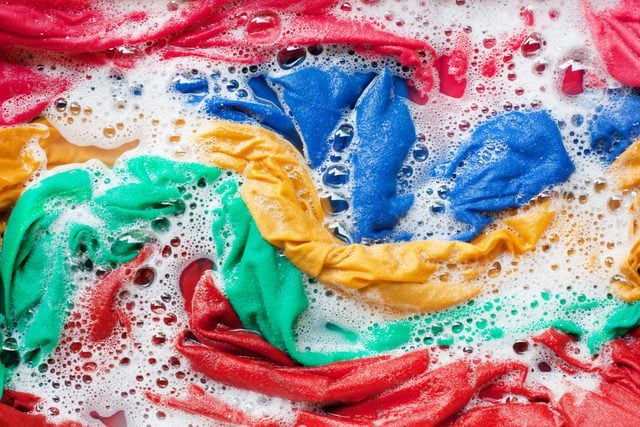
Laundry boosters that actually work
Life is complicated and messy, but our laundry doesn’t have to be. OK, we might sound like a commercial there, but it’s totally true! Clean, fresh laundry brings a sense of order and tidiness into our lives, but still, we don’t want to spend too much time and energy on it. Unfortunately, a number of cleaning hacks that are supposed to make things easier don’t actually work. Case in point: aspirin. Adding aspirin to laundry won’t whiten your load or get rid of stains, as we once thought, but there are some bona fide laundry boosters out there. The following ingredients live up to their promises—try them for yourself!
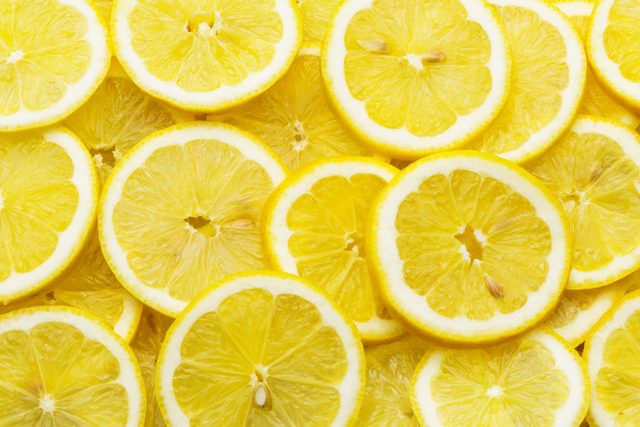
Lemon juice
When life gives you lemons, you can do more than make lemonade—you can loosen up stains by adding lemon juice to your load, according to Marieke van der Graaf, founder of the California-based Laundrylicious. A lemon’s organic bleaching magic will brighten your cotton undergarments and remove rust, plus leave them smelling lemony fresh. Just stick to whites when adding lemon juice, since it may bleach some colors. Pro tip: You can also spot-treat stains with lemon. For the best results, van der Graaf advises blotting the stain with the juice rather than rubbing it in. Learn about how to remove sweat stains and how to get coffee stains out of clothes.
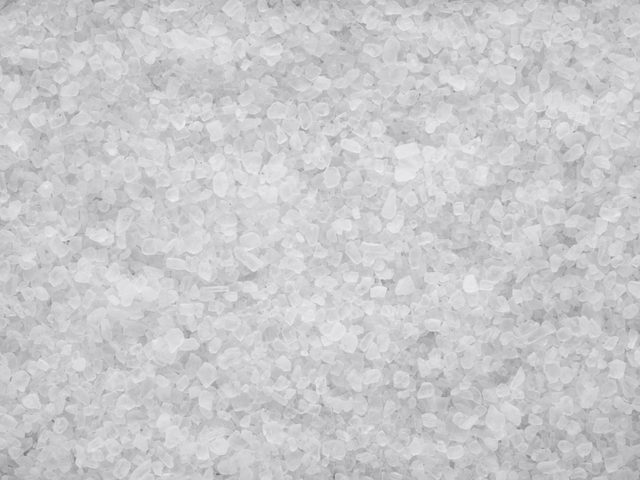
Salt
Sure, you know it makes your popcorn taste better, but who would have thought that a sprinkle could help remove blood, gravy, and grease stains? “Salt is not a laundry booster, per se, but it can be effective in removing certain stains,” explains Brandi Winch, owner of HomeMaid Home Solutions in Kalamazoo, Michigan. How the salt should be used, however, depends on the type of stain. Clothing with blood stains, for example, should be soaked in cold, salt-filled water. If you have a grease stain, on the other hand, cover it with salt, let it absorb the grease, and then brush it away before laundering. Winch adds that salt is also “commonly touted as an effective delivery vehicle for natural scents—usually essential oils—to the laundry.” In addition to clothes, check out these surprising things you never knew you could clean in the washing machine.
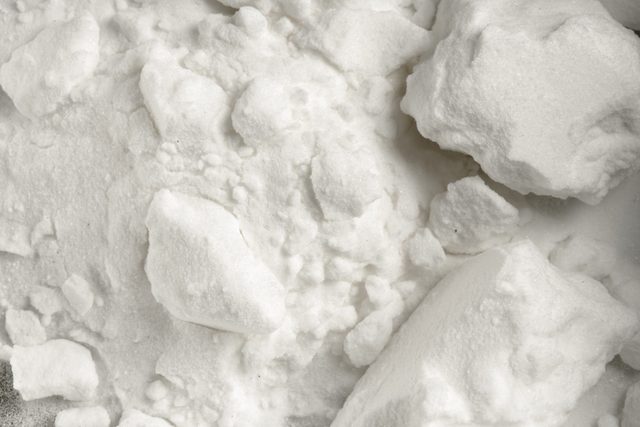
Baking soda
You open a box of baking soda to freshen the fridge, so why not add it to the wash to help deodorize your clothes and assorted laundry items? “Baking soda is a natural, economical, and safe laundry booster,” says Winch. “We use it in every load when washing rags in my company.” Simply sprinkle 1/2 cup of baking soda into the wash when you add your laundry detergent at the beginning of the wash cycle. In fact, learn why baking soda and vinegar is the magic laundry combo you never knew you needed.
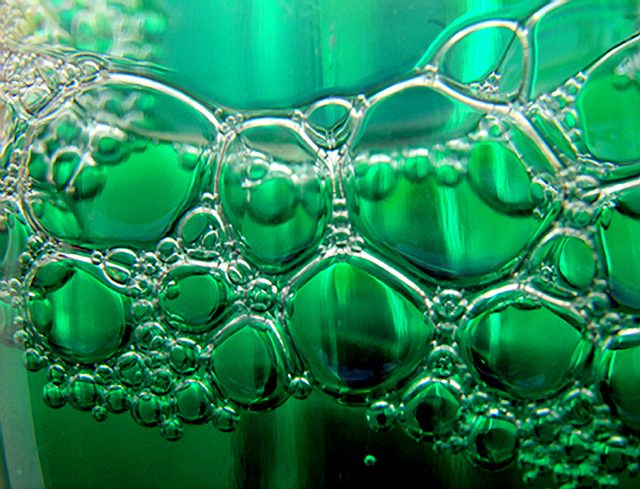
Mouthwash
Imagine if your gym socks could smell as fresh as your breath after you rinse with mouthwash. It’s possible! Just toss a cup of sugarless, alcohol-based mouthwash into the regular wash cycle to rid your gym apparel of bacteria and gunk. Or you can add 1/2 cup of mouthwash to the rinse mode. Plus, van der Graaf says that mouthwash is also a great way to get the drum of your washing machine clean. On the other hand, beware of these ways you’re shortening the life of your washer/dryer.
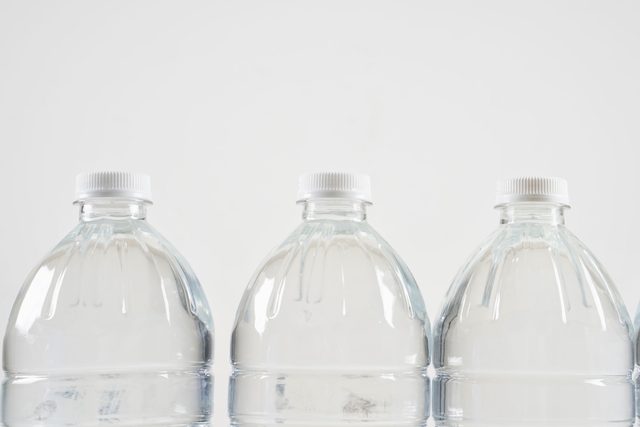
Vinegar
“Vinegar is an old standby, and for good reason—it is simply a great laundry booster,” says Winch. “I prefer to use it during the rinse cycle, which can get a little tricky to remember, but it is most effective [then] since it removes the residue of dissolved things and detergents that may be left suspended in the water between the wash and spin cycle.” Pour 1/2 cup into the fabric softener compartment right before the last rinse cycle. Here are another 95 household vinegar uses you never knew about.
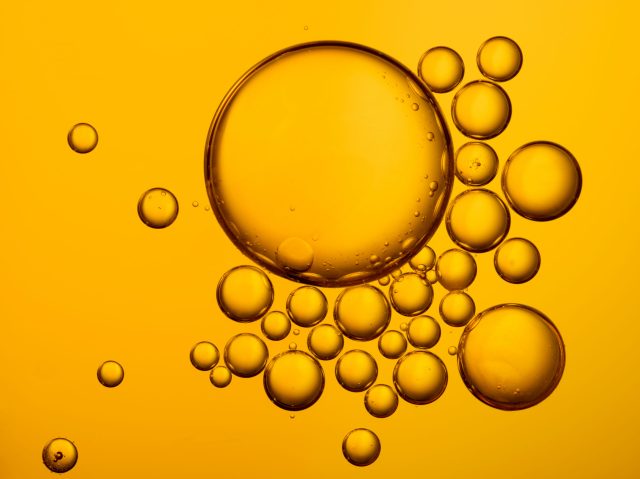
Essential oils
Essential oils offer a chemical-free way to fight bacteria, mold, and mildew. Add a few drops of lavender, tea tree, or your favorite scent with vinegar or your detergent to prevent mildew buildup and create a bespoke laundry scent. However, van der Graaf warns that essential oils are an expensive way to add scent to your wash, so you may instead want to lightly spray your clothes with the oil after the wash instead of adding it to the wash. Make sure you also know about these laundry products that’ll waste your money (and what to buy instead).
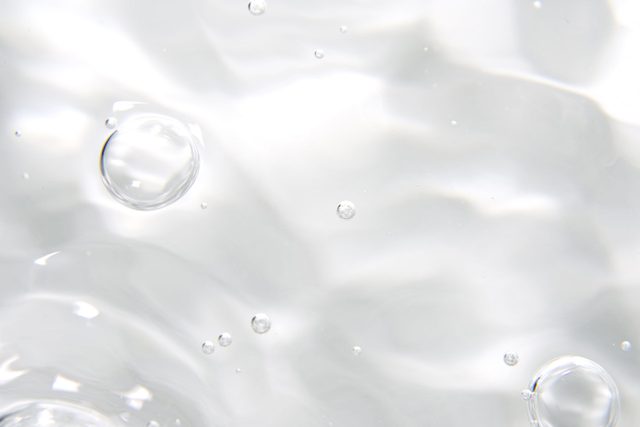
Rubbing alcohol
Sponging alcohol on ink stains and pen marks is a great way to target and remove them. Let the solution penetrate the area until you can no longer see the stain, then rinse and wash the item with your regular detergent. “Dab the alcohol on the stain and let it sit in water,” says van der Graaf. But beware: “It can have a bleaching effect, so I would use it on whites.” Don’t miss these 10 laundry mistakes you didn’t know you were making.
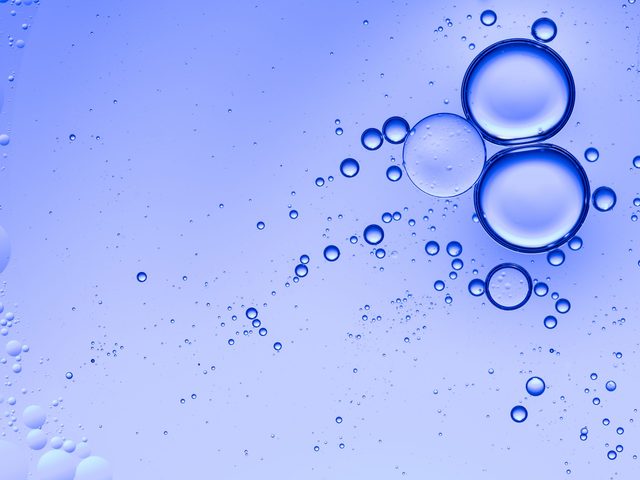
Dish soap
Looking to get rid of stubborn grease or oil stains? Head to your kitchen. Van der Graaf advises putting a tiny drop of regular old dish soap onto the stain before you toss in the wash. It will target the stain and help your detergent do what it needs to do. Next, make sure you know these ways to remove every type of stain.
Sources:
- McGill: “Can Aspirin Help Remove Stains and Keep your Whites White?”
- Marieke van der Graaf, Laundrylicious
- Brandi Winch, HomeMaid Home Solutions
- How Stuff Works: “Uses for Salt: Doing the Laundry”
